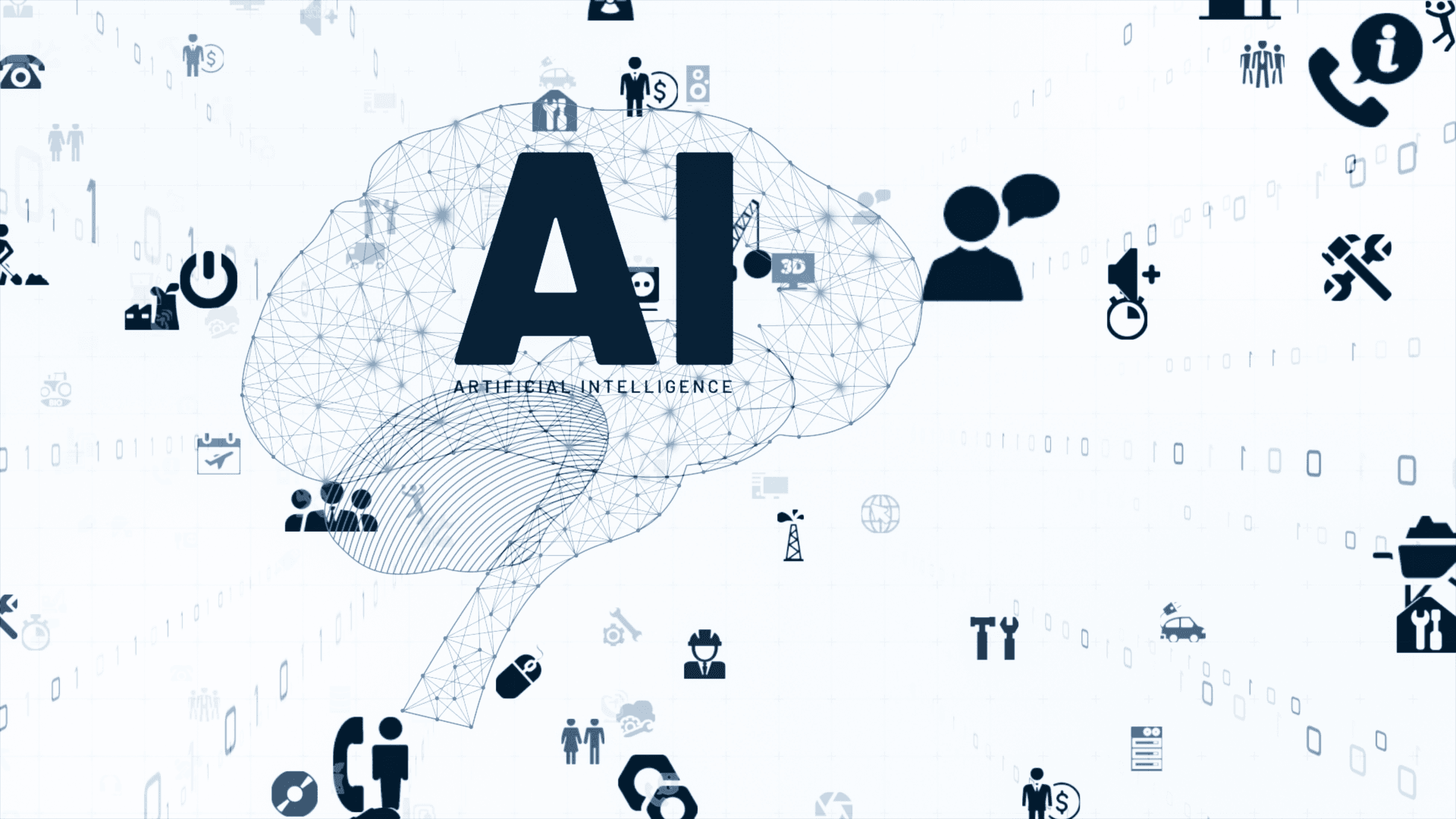The Influence of AI in Bias Reduction in Hiring

Artificial Intelligence (AI) is increasingly becoming a powerful tool in the recruitment process, offering innovative solutions to age-old challenges. One of the most promising applications of AI in hiring is its potential to reduce biases. As organizations strive to create fair and equitable hiring practices, AI offers a new frontier for mitigating unconscious biases and promoting diversity. Here's how AI is influencing bias reduction in hiring and what it means for the future of recruitment.
1. Standardizing Job Descriptions
- Bias-Free Language: AI tools can analyze job descriptions for biased language that may deter certain candidates from applying. By suggesting more neutral and inclusive wording, AI helps ensure that job postings are appealing to a diverse range of candidates.
- Role Requirements: AI can assist in defining essential role requirements and competencies, reducing the tendency to include unnecessary qualifications that may disproportionately affect certain groups.
2. Streamlining Candidate Screening
- Anonymized Resumes: AI-driven systems can anonymize resumes by removing identifying information such as names, genders, and ages. This helps reduce unconscious bias during the initial screening process, focusing solely on skills and experience.
- Objective Criteria: By applying standardized criteria and algorithms, AI ensures that all candidates are evaluated on the same basis, reducing the impact of subjective judgments.
3. Enhancing Talent Matching
- Skills-Based Matching: AI can analyze resumes and match candidates with job requirements based on skills and qualifications rather than traditional markers such as educational institutions or past employers. This helps widen the candidate pool and ensures a focus on relevant skills.
- Predictive Analytics: AI tools use predictive analytics to identify candidates who are likely to succeed in a given role based on their skills, experience, and other relevant factors. This data-driven approach helps reduce biases related to background and personal characteristics.
4. Minimizing Bias in Interviewing
- Structured Interviews: AI can help create structured interview formats that standardize questions and evaluation criteria. This ensures that all candidates are assessed using the same benchmarks, reducing the risk of biased assessments.
- Interview Training: Some AI systems offer training for interviewers to recognize and address their own biases. This training can include simulated interviews and feedback on how to conduct more objective evaluations.

5. Continuous Monitoring and Feedback
- Bias Detection: AI systems can monitor hiring patterns and identify potential biases in the recruitment process. By providing insights into where biases may be occurring, organizations can take corrective actions to address them.
- Real-Time Feedback: AI tools provide real-time feedback on recruitment practices, allowing organizations to continuously improve their processes and ensure ongoing fairness and equity.
6. Promoting Diversity Through Data Insights
- Diversity Metrics: AI can track and analyze diversity metrics to measure the effectiveness of recruitment strategies. This includes monitoring the diversity of applicants, interviewees, and hires to ensure that recruitment practices are contributing to a more inclusive workforce.
- Trend Analysis: AI can identify trends and patterns in hiring data that reveal potential areas of bias. This analysis helps organizations make data-driven decisions to enhance diversity and inclusion efforts.
7. Overcoming Limitations and Challenges
- Algorithmic Bias: While AI has the potential to reduce biases, it is not immune to them. Algorithms can inadvertently perpetuate existing biases if they are trained on biased data. It’s crucial for organizations to regularly audit and refine AI systems to mitigate these risks.
- Transparency and Accountability: Ensuring transparency in AI decision-making processes and holding AI systems accountable for their outcomes are essential for maintaining trust and fairness in recruitment practices.
8. The Human Element
- Human Oversight: AI should complement, not replace, human judgment. While AI can provide valuable insights and support, human oversight is necessary to ensure that recruitment decisions align with organizational values and goals.
- Combining Strengths: The most effective approach to bias reduction involves combining AI with human expertise. By leveraging AI for data-driven insights and human judgment for contextual understanding, organizations can achieve more balanced and equitable hiring outcomes.
9. Future Trends and Innovations
- Adaptive Algorithms: Future advancements in AI may lead to more adaptive algorithms that can learn and adjust to changing diversity goals and hiring practices.
- Enhanced Candidate Experience: AI may also focus on improving the candidate experience by providing personalized feedback and support throughout the recruitment process, further enhancing fairness and inclusivity.
AI is transforming the recruitment landscape by offering innovative solutions to reduce biases and promote fairness. By standardizing job descriptions, streamlining candidate screening, and enhancing talent matching, AI helps create a more equitable hiring process. However, it is important to recognize the limitations and challenges associated with AI, including the potential for algorithmic bias and the need for human oversight. As organizations continue to integrate AI into their recruitment practices, a balanced approach that combines technological advancements with human judgment will be key to achieving a fair and inclusive hiring process. The future of recruitment is poised to be more data-driven, equitable, and reflective of a diverse workforce, thanks to the evolving role of AI.
